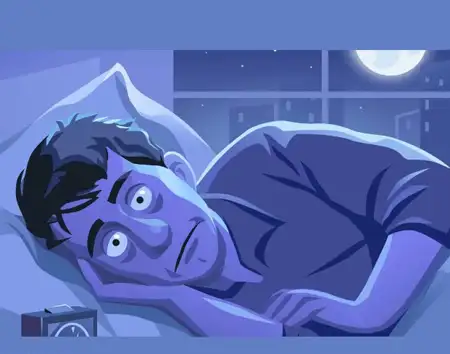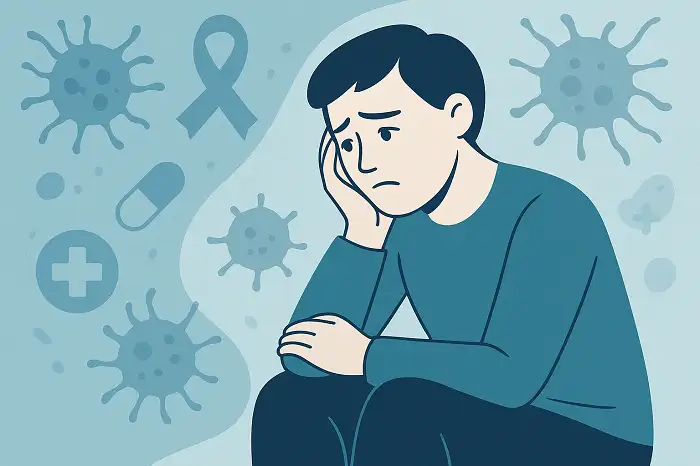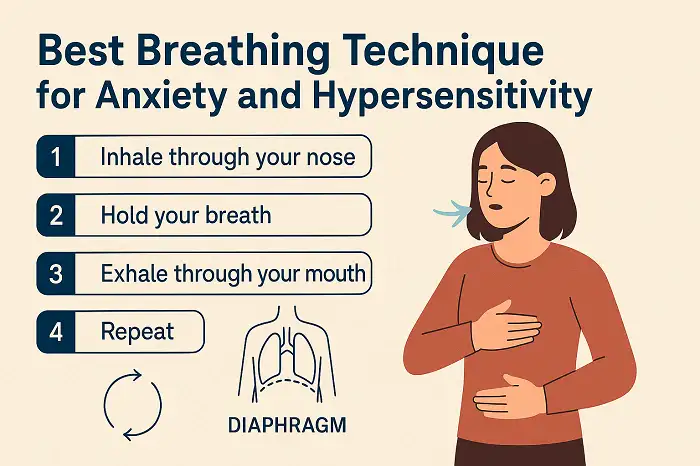Sleep IELTS Listening Reading Practice Sleep IELTS Listening Reading Practice IELTS Reading Practice Source: https://www.webmd.com/sleep-disorders/guide/sleep-paralysis#1: Video of Sleep Paralysis https://www.youtube.com/watch?v=e1sCa5Tu1fs What is sleep paralysis? Sleep paralysis is a feeling of being conscious but unable to move. It occurs when a person passes between stages of wakefulness and sleep. During these transitions, you may be unable to move or speak for a few seconds up to a few minutes. Some people may also feel pressure or a sense of choking. Sleep paralysis may accompany other sleep disorders such as narcolepsy. Narcolepsy is an overpowering need to sleep caused by a problem with the brain's ability to ...
Home » Listening Practice in English » Sleep IELTS Listening Reading Practice

Sleep IELTS Listening Reading Practice
Updated: by Dr. Mohammad Hossein Hariri Asl
Time to Read: 3 minutes | 361 Views | 33 Comments on Sleep IELTS Listening Reading Practice
Share This Post
About the Author
Dr. Mohammad Hossein Hariri Asl is an English and Persian instructor, educator, researcher, inventor, published author, blogger, SEO expert, website developer, entrepreneur, and the creator of LELB Society. He's got a PhD in TEFL (Teaching English as a Foreign Language).
Number of Posts: 4242



12. What medicine prescribe in serious cases of sleep paralysis?
Corrections:
What medicine should be prescribed in serious cases of sleep paralysis?
Perfect!
So cool to see that you’ve corrected yourself.
Clonazepam is a medication often prescribed for serious cases of sleep paralysis. It belongs to the benzodiazepine class and can help reduce the frequency of episodes by acting on the central nervous system to promote relaxation and sleep.
11. Is there any cure or prophylaxis against sleep paralysis?
There’s no definitive cure for sleep paralysis, but there are ways to reduce its frequency and severity. Improving sleep hygiene, such as maintaining a regular sleep schedule, creating a relaxing sleep environment, and avoiding stimulants before bedtime, can help. In some cases, medications like clonazepam may be prescribed to manage symptoms. Consulting with a healthcare provider is essential for personalized advice and treatment options.
During which phase do usually we wake up?
Corrections:
During / in which phase do we usually wake up?
What does people use to think cause sleep paralysis?
Corrections:
What did people use to think of as the cause(s) of sleep paralysis?
8. Is there any genetic links to sleep paralysis?
Corrections:
Is there any link / are there any links
7. What mental disorders are at high-risk of sleep paralysis?
Individuals with certain mental health disorders are at a higher risk of experiencing sleep paralysis. These include anxiety, depression, bipolar disorder, and attention deficit hyperactivity disorder (ADHD). These conditions can disrupt normal sleep patterns, increasing the likelihood of sleep paralysis episodes.
6. What reasons cause sleep paralysis?
Sleep paralysis occurs when the brain transitions between sleep stages, particularly between REM (rapid eye movement) sleep and wakefulness. During REM sleep, the body is naturally paralyzed to prevent acting out dreams, but if you wake up while still in this state, you may experience temporary paralysis. Factors like sleep deprivation, irregular sleep schedules, stress, and mental health conditions such as anxiety and depression can increase the likelihood of sleep paralysis episodes.
5. Why do people feel pressure on their chest when sleep paralysis occurs?
During sleep paralysis, people often feel pressure on their chest due to the body’s transition between sleep stages, particularly REM sleep and wakefulness. This sensation, along with the inability to move, can cause intense fear and anxiety. The feeling of pressure is likely due to the body’s natural paralysis during REM sleep, which prevents movement and dreaming, but can cause distress when experienced while awake.
4. From a scientific point of view, why does sleep paralysis happen?
Sleep paralysis happens when the brain transitions between rapid eye movement (REM) sleep and wakefulness, leading to a temporary state where the body’s REM-induced paralysis persists while consciousness returns. This can result in the inability to move and sensations such as chest pressure or hallucinations.
3. When did rapid eye movement sleep happen?
Corrections:
When does …?
It happens when some parts of brain are most active.
Thanks for your comment on rapid eye movement (REM).
2. What percentage of people experience sleep paralysis?
Abaut 80 percent of population has experience some variation of sleep paralysis during their lives.
Correction:
Abaut 80 percent of population has experienced some variation of sleep paralysis during their lives.
About 8% and NOT 80%
About 8% and NOT 80%
Why people used to think that sleep paralysis is caused by supernatural beings?
Corrections:
Why didn’t people use to think …
The people think supernatural beings hold them down while they sleep.
It’s true that many cultures have folklore and myths attributing sleep paralysis to supernatural beings or malevolent forces. These interpretations often stem from the eerie and distressing sensations people experience during sleep paralysis, such as the feeling of pressure on the chest, inability to move, and hallucinations of shadowy figures.